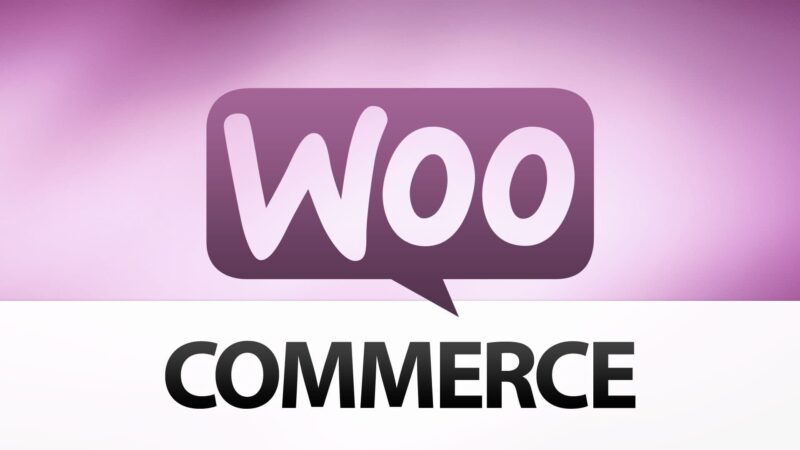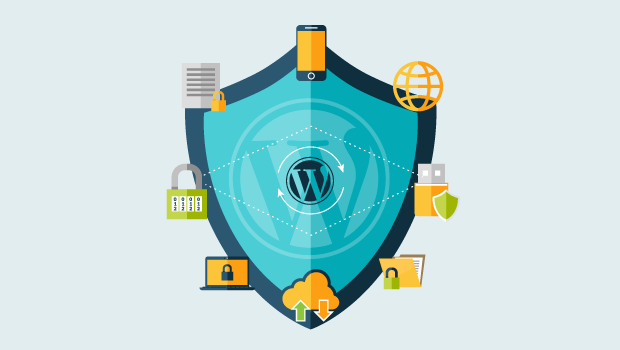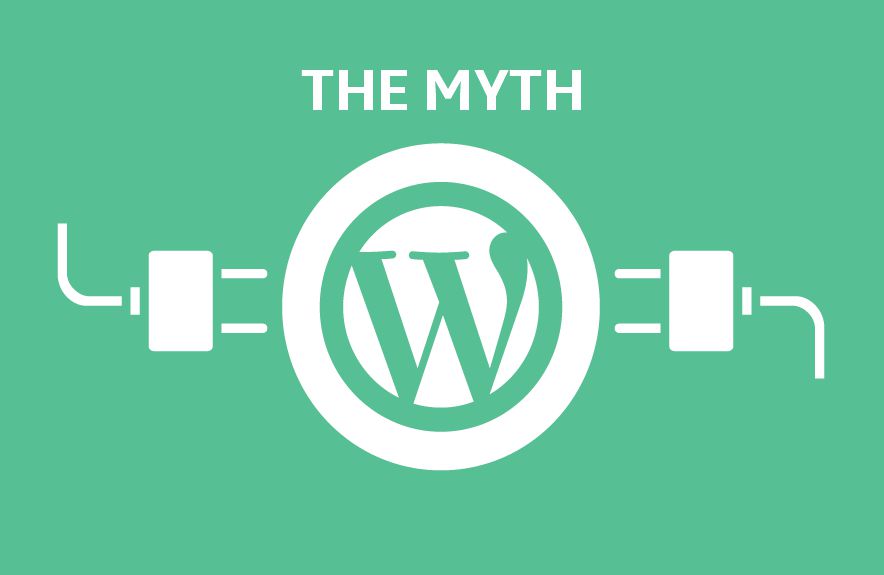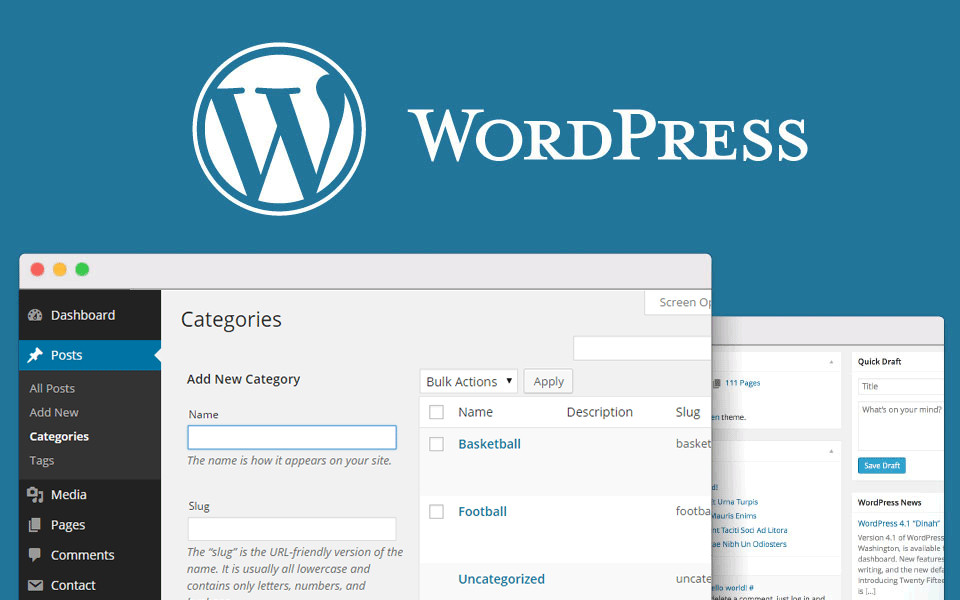There are so many known myths: Big Foot. Dragons. Mermaids. Unicorns. Werewolves. The Loch Ness Monster. What do most of these stuff share in common? They’re all mythical creatures which were once considered to be found in folklore, but happen to be categorized as pseudoscience in these modern times. In some cases, perceptions persist even though they aren’t correct, but that doesn’t mean we’re stuck with these.
Consider WordPress, that which was once the blogging platform now powers over 28% of the internet. From personal blogs, websites to enterprise web sites could be built utilizing the CMS.
WordPress is not any longer the amateur application, yet some, even now, perceives it to be “that certain blogging system.” Is WordPress actually just a plaything for bloggers? Let’s debunk that and a few of the greatest myths about WordPress in the present day.
1. WordPress is simply a plaything for blog writers
In the event that you placed WordPress on a spectrum between plaything and application, the truth is, WordPress suits as both. While WordPress use to be one toy application for bloggers (but still technically may be used this way), it has indeed evolved and has been outfitted for the enterprise application.
WordPress is considered the most widely used CMS on earth, having a gigantic strides above rivals Drupal and Joomla, which only run only 2.9 and 1.73 percent of the webspace share respectively. Furthermore, as mentioned above, right now WordPress powers over one fourth of the web at an astounding 28 % of all web sites (and growing).
There are always a ton of blog owners who use the “.com” version of WordPress because of its free of charge hosting and in-house protection features. Nevertheless, those seeking to get a better quality and rich approach utilize the “.org” variant as a system to build practically anything they really want and envisage…blogs, applications, e-commerce, and so forth.
Just a couple of notable brands using WordPress to build their online presence, which include: Sony Music, Microsoft News, TechCrunch, Walt Disney Company, Facebook Newsroom, Walt Disney, and much more. Not merely do these brands use WordPress due to the fact it is affordable in comparison to other options like Adobe, but it additionally offers enough versatility in front-end style and design, with effective, open source backend features.
WordPress’ open source nature means anyone can easily download the application, a theme, or perhaps a plugin, and tweak the codes the direction they would like. It’s not really a closed end solution.
2. This Platform’s not good for e-commerce
Are you seeking to selling tangible or electronic and grocery goods or services online, WordPress is a wonderful option for an online store? The most famous solution is certainly WooCommerce, which presently powers 41 % of most e-commerce online shops. WooCommerce is really a super simple application to use actually without much specialized knowledge. Having said that, there’s the normal misconception that WooCommerce can’t scale.

Image Credit: webappick
Without making an investment in hosting, you can endure issues with scaling for traffic. BlueHost and WP Engine, a well renown Web Hosting companies addresses a number of these problems with its e-commerce plan devoted for WordPress and WooCommerce customers. Nevertheless, you aren’t simply limited by WooCommerce on WordPress.
There are many integrations for other solutions, like AliExpress, Amazon, Shopify for instance, with their respective plugin extenstion to integrate WordPress and AliExpress, Amazon, or Shopify. And with either of these; AliExpress, Amazon, Shopify e-commerce plugins, you are able to any WordPress web page or blog site shoppable, incorporating e-commerce features to your WordPress web site. Various other WordPress e-commerce options consist of BigCommerce, Volusion, and Magento.
3. WordPress is unscalable
Given that WordPress, certainly an open source platform that also is actually free, the issue of scalability is definitely a problem. Will your website have the ability to handle an unexpected traffic spike? In the event that you create the proper environment, it is possible to definitely create a WordPress web site that’s scalable and in a position to deal with any level of traffic.
A few of the essential methods to appropriately scale a WordPress web site is by developing a suitable and sustainable development environment, effective horizontal scaling, caching, and query overall performance. Design-wise, WordPress can be deployed as a straightforward blogging website utilizing a built-in theme or could be scaled to possess a complex and advanced design framework using complex resources.
4. No support
Seeing that nobody owns WordPress and it’s free for everybody, there is every possibility, there is no one out there to assist you, right? Incorrect. WordPress possesses a very energetic community of programmers, designers, content makers, marketers, help support representatives and much more.
WordPress offers online community based support discussion boards designed for learning, posting, and troubleshooting. Furthermore, various resources from several blogs and businesses associated with the WordPress application system continually provide academic content to keep up a topnotch WordPress web site.
Additionally, there are CDN (Content Delivery Network) options which involve routing your website by way of a reverse proxy and leveraging caching at this level. Offloading content material through this kind of CDN could be beneficial for websites with extremely higher degrees of visitors. They enable custom configuration of caching for webpages and files as well if you want an even more granular method of caching. Employing this sort of CDN, it can help offload a good part of the server processing to cache it rather.
5. Is vulnerable to hackers, or it’s not secure

Image Credit: WPBeginner
You certainly cannot find any evidence that WordPress is any less secure than any of its rival CMS site. Facts are, all websites are susceptible to security breaches, which includes WordPress. Due to it’s sheer over all huge size of user base on the internet (about 28%), it attracts attacks. But WordPress isn’t a new web application system. During its 10 years long development and advancement, WordPress has launched numerous informative security training and also reliable security plugins. So when WordPress is constantly growing and maturing to handle any security challenges, the security plugins only becomes more advanced leading to reduced number unblocked hacks.
Each fresh update provides tougher security methods and features. Having said that, the true security of a WordPress web site originates from the user’s capability to consistently up-date themes, plugins, and add-ons and keep maintaining backups. Users also needs to create complicated passwords and modify them often. Almost 80% of actual security threats and platform infections are because of vulnerability resulted in outdated software program/password exploits. A digital experience system like that provided by WP Engine or BlueHost is assured to make sure indestructible security for your WordPress site.
6. Uncertainty of WordPress future
It is a popular myth usually shared by individuals who aren’t well-versed with the operations of open source software and the power of the community. Because of its recognition on the internet, its programmer has had the opportunity to produce a successful company around WordPress called Automattic. Before you raise your eyebrows, understand that the WordPress software application itself is created outside the organization by the nonprofit WordPress Foundation.
7. Most of its plugins are useless
WordPress comes with an extensive plugins infrastructure that hosts more than 56,000 plugins, both free of charge and paid. It’s only normal to presume that some wouldn’t become as helpful as others, plus some may be completely worthless. Which explains why you need to check the testimonials of the plugins before installing them. It’s furthermore, prudent to adhere to plugins with the largest downloads and higher ratings.
8. All WordPress websites are very much similar
Even though most of WordPress installations look the same directly from the package, doesn’t mean they’ll look exactly the same if they finally go surfing online. WordPress uses themes to control the looks of any WordPress-powered web site and exactly like plugins, you can find a large number of them to select from, which includes both free of charge and paid ones. In fact there are many WordPress theme programmers who’ll happily customize their theme as per the needs you have for an acceptable fee.






